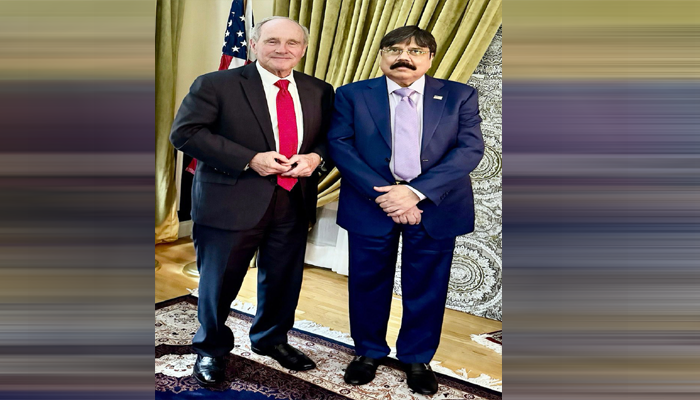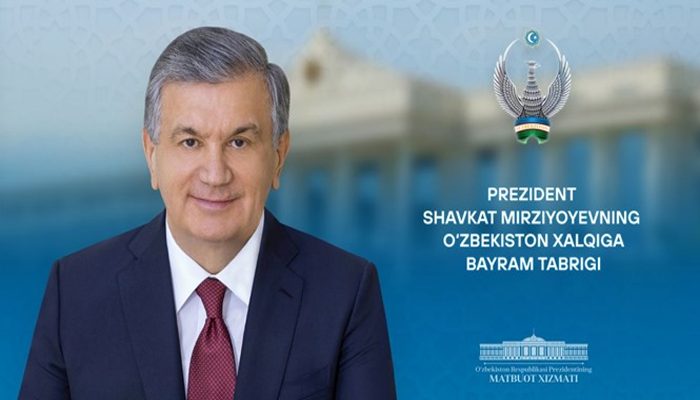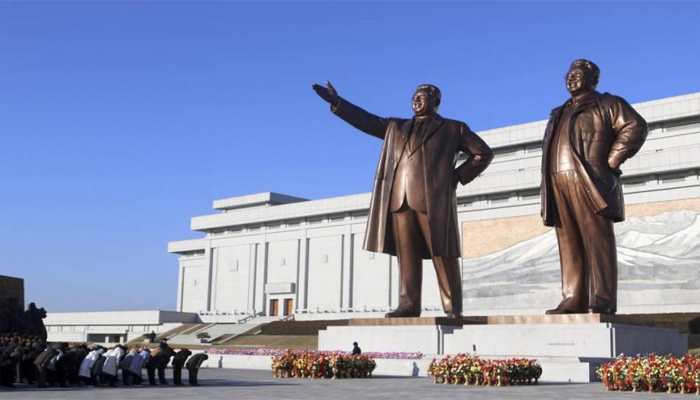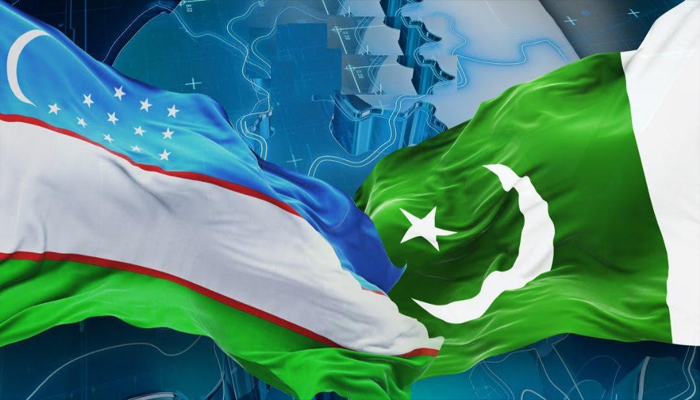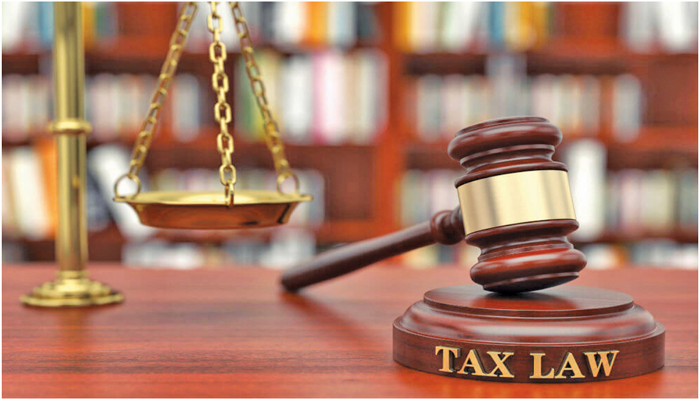BY: Hassan cheema
Professional in Legal and social justice, Cheema's law forum
In today’s interconnected world, intellectual property (IP) rights serve as the cornerstone of global commerce, innovation, and creativity.
However, the widespread violation of IP laws, especially through the production and sale of counterfeit goods, has severe consequences—not only for businesses and consumers but also for national and international security. A particularly alarming and often overlooked aspect of this issue is how counterfeit goods contribute to the financing of terrorism. This article explores the role of IP violations, particularly counterfeiting, in funding terrorism and the challenges this poses to global efforts to combat terrorism.
Understanding the Link Between Counterfeit Goods and Terrorism Financing
Counterfeit goods—ranging from clothing and electronics to pharmaceuticals and personal care products—represent a multibillion-dollar industry globally. These goods, often sold at much lower prices than their legitimate counterparts, thrive in both formal and informal markets. While the financial implications of counterfeiting are often discussed in terms of lost revenue for legitimate businesses, there is a darker side to the counterfeit trade: its use as a funding mechanism for terrorist organizations.
Terrorist groups require significant financial resources to sustain their operations, including procurement of weapons, recruitment, and logistics. Counterfeiting and the illicit trade in fake goods have become major funding sources for some of these groups. In many regions, counterfeit goods are produced and sold by organized criminal networks with ties to terrorist organizations. The profits generated from these activities often find their way into the hands of those involved in terrorism.
The Mechanics of How Counterfeit Goods Fund Terrorism
Terrorist organizations often operate through complex networks of smuggling and money laundering, with counterfeiting offering a lucrative, low-risk avenue for raising funds. Here are key ways counterfeit goods are used to finance terrorism:
-
Generating Untraceable Revenue
Counterfeit goods are typically produced outside the law, and their sales often occur within the informal economy. This makes the revenue generated from their sale difficult to trace or regulate. Terrorist groups involved in counterfeiting can exploit this environment to move money across borders without raising suspicion, thereby funding their activities without detection. -
Smuggling Networks and Border Control Evasion
The trade in counterfeit goods is often tied to illegal smuggling networks that operate across national borders. These networks are adept at evading customs and law enforcement checks and often have links to terrorist organizations. By using counterfeit goods as a cover for other illicit activities, such as trafficking weapons or drugs, terrorist groups can fund their operations while avoiding direct scrutiny. -
Diverting Resources from Legitimate Markets
The massive scale of counterfeit goods undermines legitimate businesses and industries. When consumers purchase counterfeit products, they divert money away from legitimate companies that pay taxes and contribute to economic development. Terrorist organizations exploit this vulnerability, often setting up businesses or partnerships in areas with weak IP enforcement to launder proceeds from illicit activities. -
Terrorist-Controlled Territories
In regions where terrorist groups control large territories, such as parts of Syria, Iraq, and Afghanistan, counterfeiting often becomes a significant part of the local economy. These groups can directly manage the production and sale of counterfeit goods, with the revenue often going directly into financing their military and logistical operations.
The Impact of Counterfeiting on Global Security
The connection between counterfeiting and terrorism financing has profound implications for global security. Here are some of the most significant impacts:
-
Fueling Terrorist Activities
Funds generated from counterfeit goods often fuel violent activities by terrorist organizations, such as attacks on civilians, infrastructure, and state entities. For example, the sale of fake weapons can provide terrorists with the arms needed to carry out attacks. Similarly, counterfeit pharmaceuticals can be sold to fund operational expenses, such as paying militants or financing extremist propaganda campaigns. -
Undermining the Rule of Law
Counterfeiting represents a clear violation of the law, and the involvement of terrorist groups in such activities further weakens the rule of law. It creates an environment where criminal organizations operate with impunity, undermining both national and international legal systems. This breakdown of law enforcement can hinder efforts to combat terrorism and organized crime, especially in regions with weak governance. -
Complicating Counter-Terrorism Efforts
Counterfeit goods can significantly complicate efforts to track and disrupt terrorism financing. As these products often flow through informal channels, law enforcement agencies face immense difficulty in identifying and intercepting the flow of funds. The lack of clear legal frameworks and international cooperation in addressing IP violations exacerbates this challenge, enabling terrorist organizations to exploit gaps in global security efforts.
Case Studies: Counterfeiting and Terrorism Financing in Practice
-
ISIS and the Counterfeit Economy
ISIS, infamous for its brutality and terror campaigns, has used counterfeit goods as a key revenue source. ISIS generated substantial profits through the production and sale of counterfeit goods in the territories it controlled, including fake luxury goods, electronics, and pharmaceuticals. The group also trafficked counterfeit cigarettes and oil to fund its operations, laundering much of the revenue through illicit financial networks. -
The Taliban and Counterfeit Pharmaceuticals
In Afghanistan, the Taliban has profited from the counterfeit drug trade. The production and distribution of counterfeit medications are widespread in Afghanistan, with terrorist groups like the Taliban benefitting from this illicit industry. The sale of fake medicines not only harms public health but also serves as a significant revenue stream for the Taliban, which controls smuggling operations and exploits weak law enforcement in the region.
Addressing the Challenge: Combating Counterfeiting as a Terrorism Financing Tool
Combating the role of counterfeit goods in financing terrorism requires a multifaceted approach:
-
Strengthening IP Enforcement
Governments must strengthen intellectual property enforcement at both the national and international levels. Enhanced monitoring of trade routes, customs inspections, and crackdowns on illicit markets can help limit the flow of counterfeit goods. International collaboration through organizations like Interpol and WIPO is essential to combat counterfeiting and its link to terrorism financing. -
Enhancing Financial Intelligence Sharing
Governments and financial institutions must improve intelligence-sharing efforts, identify suspicious financial transactions, and disrupt the financial networks that fund terrorism. This can be accomplished through better coordination at the international level. -
Raising Public Awareness
Public awareness campaigns on the dangers of counterfeit goods—both in terms of quality and their link to terrorism financing—can help reduce demand. Consumers need to understand the broader implications of supporting the counterfeit economy, including its impact on global security.
Conclusion
The intersection of intellectual property violations and terrorism financing is a growing concern with significant risks to global security. Counterfeit goods, a billion-dollar industry, are increasingly being used by terrorist organizations to fund their operations. By strengthening IP enforcement, improving financial intelligence sharing, and raising public awareness, the international community can better combat the flow of counterfeit goods and the terrorism financing they facilitate. Addressing this issue is crucial not only for protecting legitimate businesses and consumers but also for safeguarding global peace and security.


